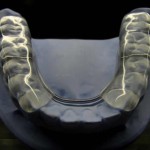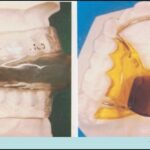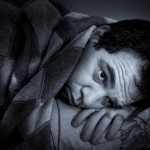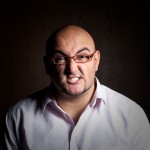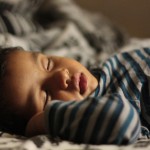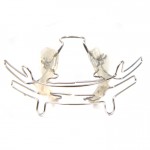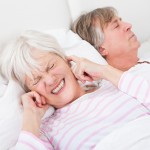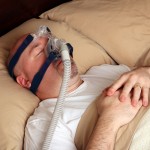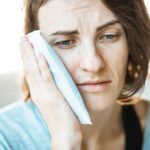
This Cochrane review of the effects of psychological therapies in people (aged 12 years and over) with painful temporomandibular disorders (TMD)lasting 3 months or longer included 22 RCTs. Cognitive behaviour therapy (CBT) was the most frequently studied but overall there was insufficient evidence on which to base a reliable judgement about the efficacy of psychological therapies for painful TMD
[read the full story...]